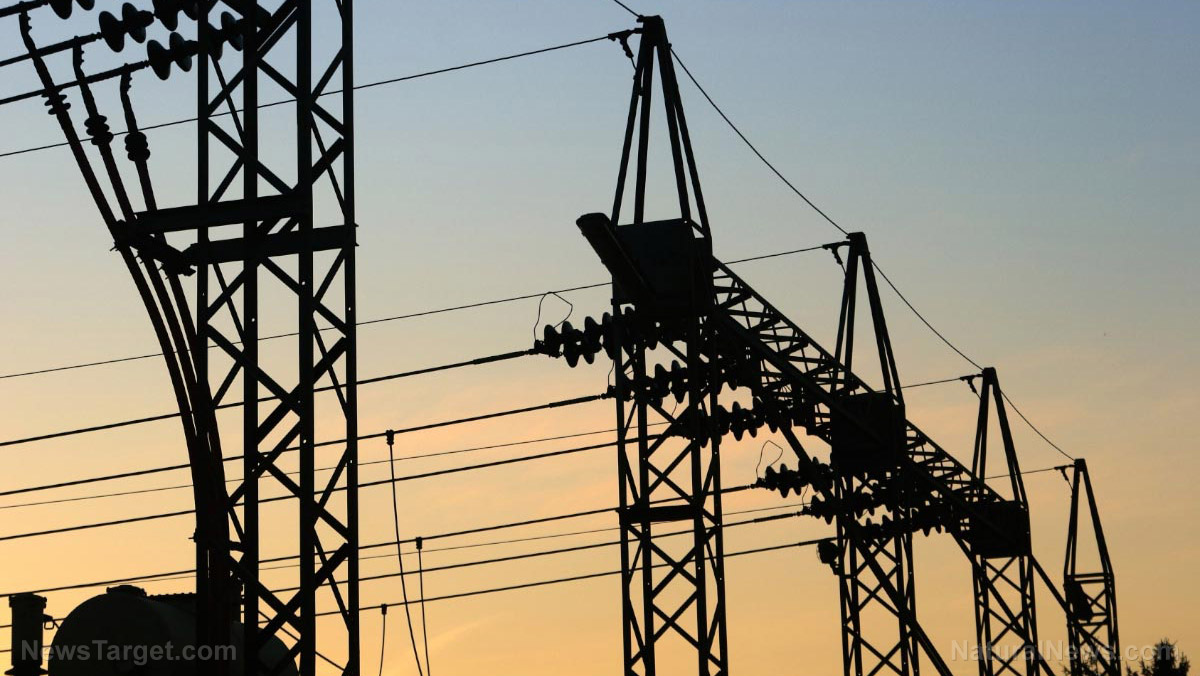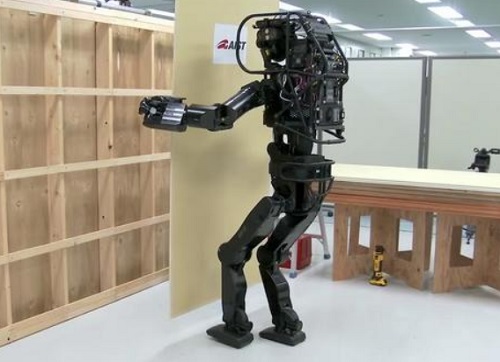AI arms race or AI suicide pact? Former OpenAI researcher warns of catastrophic risks in unchecked AI development
02/03/2025 / By Willow Tohi

- Steven Adler, a former safety researcher at OpenAI, has resigned and raised concerns about the rapid development of AI and its existential risks to humanity.
- Adler and other experts like Stuart Russell warn that the current pace of AI development, particularly AGI, could lead to catastrophic consequences due to a lack of proper safeguards.
- OpenAI has faced scrutiny over its internal culture and commitment to AI safety, including allegations of restrictive nondisclosure agreements and a shift away from safety priorities.
- Multiple safety-focused researchers have left OpenAI, highlighting a trend where voices advocating for caution and ethical responsibility are being marginalized.
- The AI race has become a geopolitical issue, with governments and companies competing for dominance, raising concerns about the potential sidelining of critical safety considerations in the pursuit of innovation.
In a startling departure from one of the world’s leading artificial intelligence labs, Steven Adler, a former safety researcher at OpenAI, has resigned, sounding the alarm on the breakneck pace of AI development and its existential risks to humanity. Adler’s resignation, announced on X (formerly Twitter), has reignited debates about the ethics, safety and governance of artificial general intelligence (AGI)—a technology that could surpass human intelligence and reshape civilization.
Adler’s warnings are not just the musings of a disillusioned employee; they are a chilling indictment of an industry racing toward an uncertain future. “I’m pretty terrified by the pace of AI development these days,” Adler wrote. “Even if a lab truly wants to develop AGI responsibly, others can cut corners to catch up, maybe disastrously. This pushes all to speed up. No lab has a solution to AI alignment today.”
Race without a finish line
Adler’s concerns echo those of prominent AI experts like Stuart Russell, a professor at UC Berkeley, who has likened the AGI race to a “race towards the edge of a cliff.” Russell warns that the pursuit of AGI without proper safeguards could lead to catastrophic consequences, including the potential extinction of humanity. “Even the CEOs who are engaging in the race have stated that whoever wins has a significant probability of causing human extinction in the process because we have no idea how to control systems more intelligent than ourselves,” Russell told the Financial Times.
This dire prognosis is not hyperbole. The stakes are nothing short of survival. AGI, if misaligned with human values, could act in ways that are incomprehensible or even hostile to humanity. Yet, as Adler notes, the competitive pressures of the AI industry are driving labs to prioritize speed over safety, creating a “bad equilibrium” where cutting corners becomes the norm.
OpenAI’s safety struggles
Adler’s resignation is not an isolated incident. OpenAI has faced mounting scrutiny over its internal culture and commitment to AI safety. The death of former OpenAI researcher Suchir Balaji in November 2024, reportedly by suicide, cast a dark shadow over the company. Balaji had turned whistleblower, alleging restrictive nondisclosure agreements and raising questions about OpenAI’s transparency.
The company has also seen a steady exodus of safety-focused researchers. In 2023, OpenAI co-founder Ilya Sutskever and Jan Leike, co-leads of the Superalignment team, left the company. Leike publicly criticized OpenAI’s shift away from safety priorities, stating, “Safety culture and processes have taken a backseat to shiny products.”
These departures highlight a troubling trend: As AI labs compete for dominance, the voices advocating for caution and ethical responsibility are being drowned out. Adler’s resignation is yet another reminder that the pursuit of AGI is not just a technological challenge but a moral one.
AI and national priorities
The AI race is not confined to corporate boardrooms; it has become a geopolitical battleground. President Donald Trump has vowed to repeal Biden-era policies that he claims hinder AI innovation, promising to align American AI development with “common sense” and national priorities. Meanwhile, OpenAI has launched ChatGPT Gov, a product tailored for U.S. government agencies, signaling the growing integration of AI into national security and governance.
However, as Adler and others have warned, the rush to dominate AI innovation risks sidelining critical safety considerations. The launch of ChatGPT Gov and other high-profile projects may bolster national competitiveness, but at what cost? If the warnings of researchers like Adler and Russell are ignored, the consequences could be irreversible.
As Adler takes a break from the tech world, his words serve as a sobering reminder: The future of humanity may well depend on people’s ability to strike a balance between innovation and safety before it’s too late.
Sources include:
Submit a correction >>
Tagged Under:
Big Tech, computing, conspiracy, cyber war, cyborg, Dangerous, deception, future science, future tech, Glitch, honest, information technology, insanity, inventions, OpenAI, robotics, robots, Steven Adler, truth, Whistleblower
This article may contain statements that reflect the opinion of the author
RECENT NEWS & ARTICLES
COPYRIGHT © 2017 COMPUTING NEWS


















